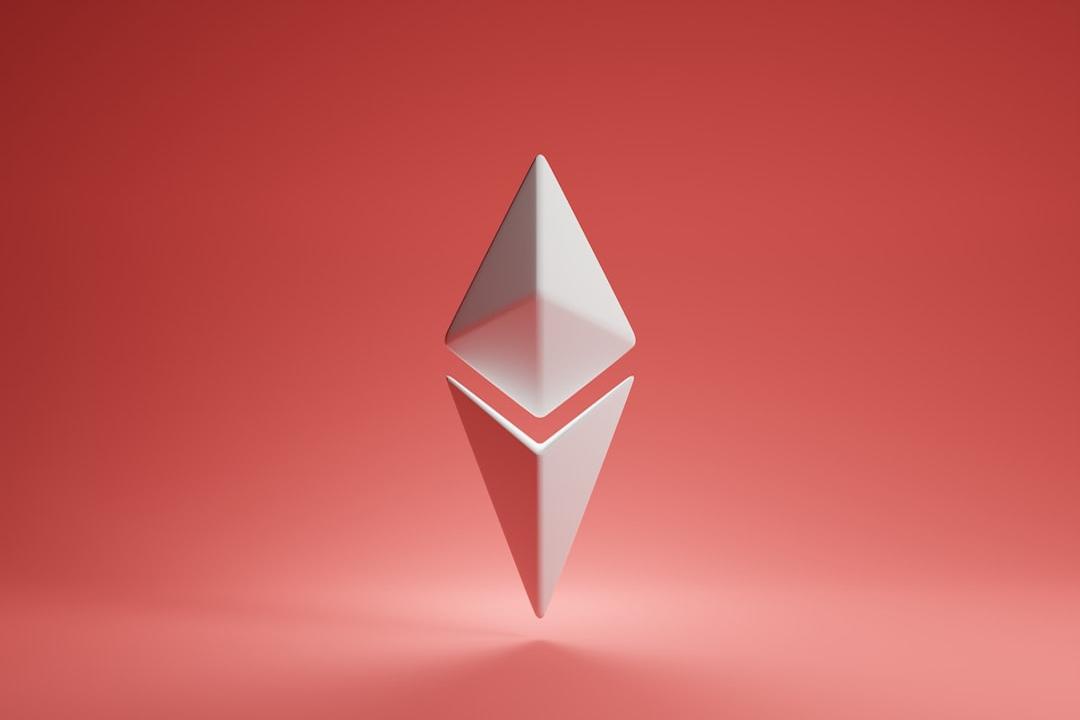Gora Network, a decentralized oracle network, plays a crucial role in the blockchain ecosystem by providing real-world data for onchain operations. In an AMA with Cointelegraph, Christopher Brookins, the head of business at Gora Network, highlighted the network’s focus on innovation and its intention to complement, rather than compete with, Chainlink.
One of Gora’s notable innovations is the development of a tool that originated from Brookins’ previous project, RociFi. At RociFi, the aim was to bring under-collateralized loans to the blockchain by using machine learning to assess creditworthiness based on a user’s Ethereum wallet history. Gora has expanded on this credit scoring expertise and introduced the DeFi Risk Oracle, which allows lenders to offer customized loan options based on individual borrower risk profiles. This empowers borrowers with strong credit scores to access larger loans while loyal users benefit from lower borrowing costs.
The decentralization of Gora’s infrastructure is a key feature. Unlike some competitors that have centralized elements, Gora’s network is built from the ground up with decentralization in mind. It relies on a geographically distributed network of node operators to ensure data integrity. Before offchain data is added to the blockchain, a quorum of nodes must validate its accuracy, preventing data manipulation or errors.
Gora initially began on the Algorand blockchain due to its scalability and security features. However, the team recognized the limitations of a single-chain approach and expanded to EVM-compatible chains to cater to the diverse DeFi landscape. As part of this expansion, Gora introduced the ERC-20 token, which plays a critical role in facilitating the seamless exchange of information between the real world and the blockchain.
Looking to the future, Brookins envisions a more open and dynamic ecosystem where users can offer their own information for use by other protocols. He proposes the idea of a data marketplace where users are rewarded for aggregating data feeds or attesting to their accuracy. This marketplace would not require any special technology integration and would operate through existing rails.
Brookins also highlights the potential impact of decentralized identities on the industry, particularly in streamlining DeFi transactions. By leveraging verifiable data, approvals and processes can become faster, more efficient, and cheaper compared to traditional financial institutions.
While Gora’s primary focus is currently on DeFi, artificial intelligence, and computing, the team remains open to exploring any data needs within the Web3 space. The goal is to become the go-to source for onchain data.
Disclaimer: This is a sponsored article and should not be considered as investment advice. Readers are encouraged to conduct their own research and exercise caution when making investment decisions.

